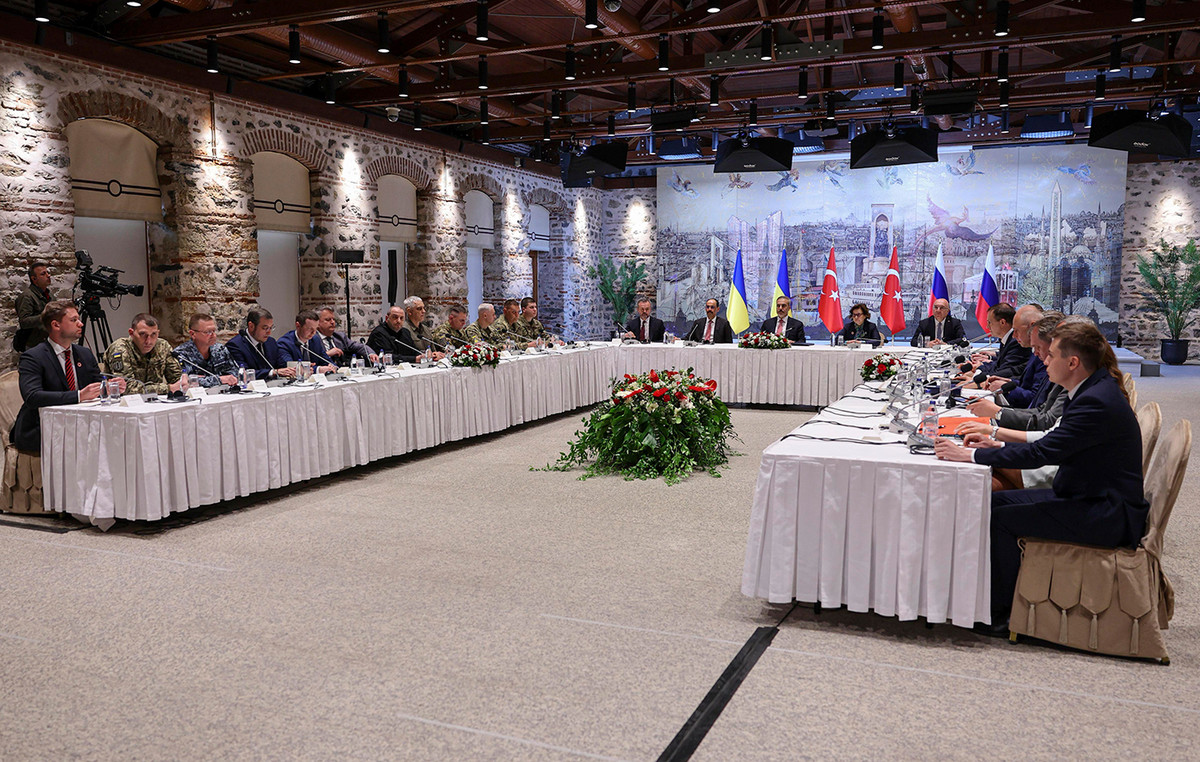Pressure is mounting for the International Criminal Court (ICC) to consider prosecuting Russian President Vladimir Putin for possible war crimes committed after the invasion of Ukraine.
The court itself said last week that it supported the investigations after Russia attacked a Ukrainian nuclear plant. However, this process would not be simple, in addition to being financially and politically costly for the global community, warns Bárbara Motta, professor of international relations at UFS (Federal University of Sergipe).
“It’s an important move, but it still involves a series of other factors and nuances that need to be considered,” he says. “First, it is necessary for the international community to define exactly what it wants with this process, in addition to punishing Putin or formalizing a clearer manifestation of repudiation of the Russian president.”
An eventual conviction of Putin raises questions that need to be considered before any action, explains the expert.
“How to assess the correlation of political forces within Russia? Is there another possible political leadership to succeed Putin? And what will that leadership look like? Will it be more palatable to the West or more averse or condemning in relation to practices that are already seen by certain groups in Russia as unacceptable for Western expansion, such as the expansion of NATO?”, he says.
The process of prosecuting the ICC can be extremely costly, not only from a political point of view, but also from a financial point of view. “The criminal courts that we’ve seen in other circumstances, such as in Rwanda, took years to come to some kind of conclusion and conviction for the individuals who were involved in the conflict,” says Motta.
The International Criminal Tribunal for Rwanda (ICTY) was established by a United Nations Security Council resolution in November 1994 and was only completed in 2015.
In 20 years of work, the court has tried just over 93 people and convicted 64, for the genocide of at least 800,000 people of the Tutsi ethnicity by Hutus. The number corresponds to just over 11% of the population of the African country.
*Posted by Ligia Tuon
Source: CNN Brasil
I’m James Harper, a highly experienced and accomplished news writer for World Stock Market. I have been writing in the Politics section of the website for over five years, providing readers with up-to-date and insightful information about current events in politics. My work is widely read and respected by many industry professionals as well as laymen.







